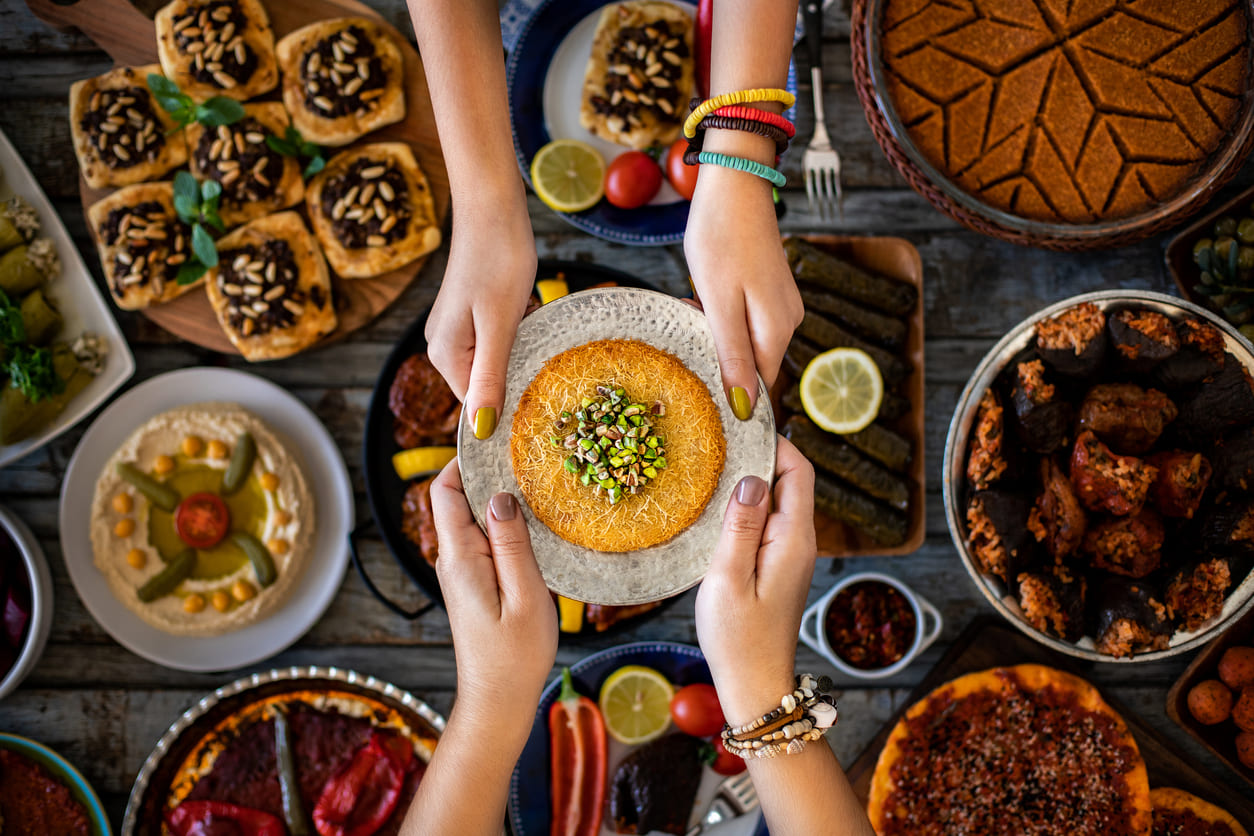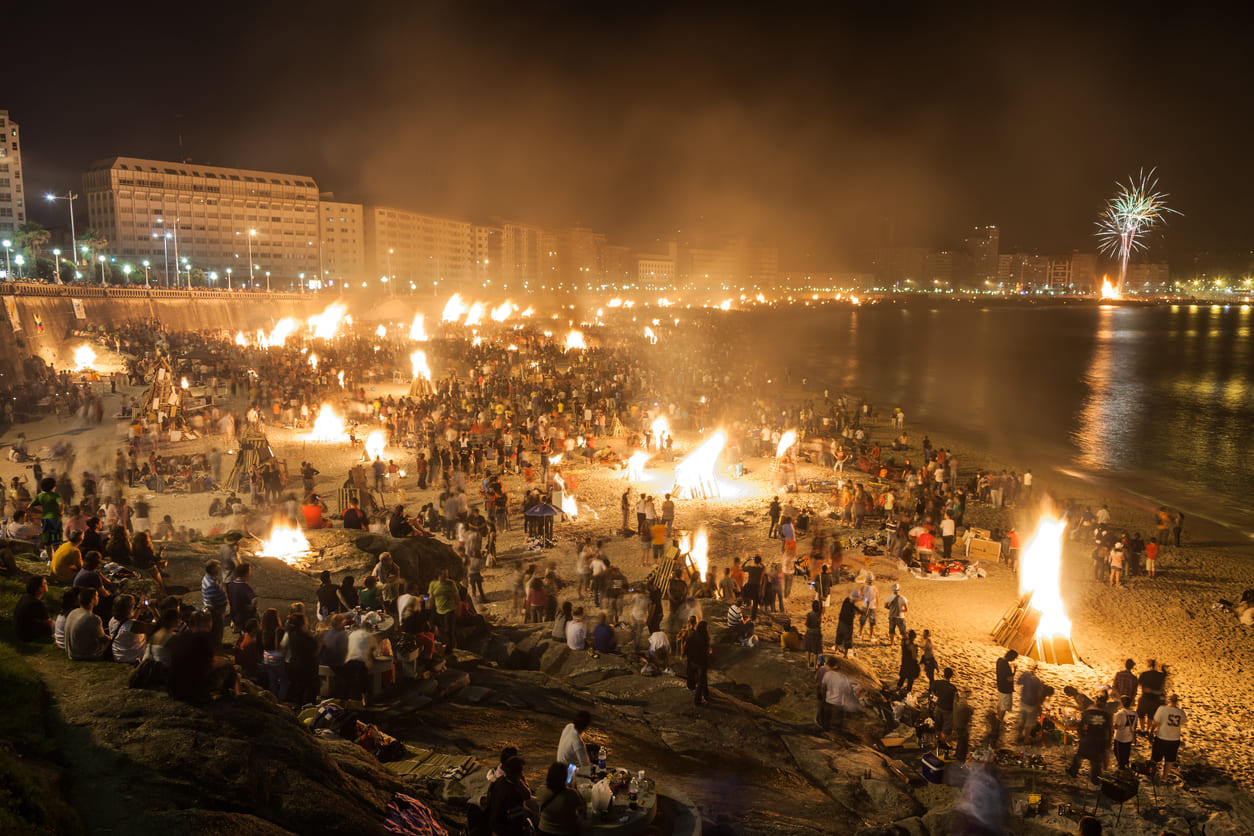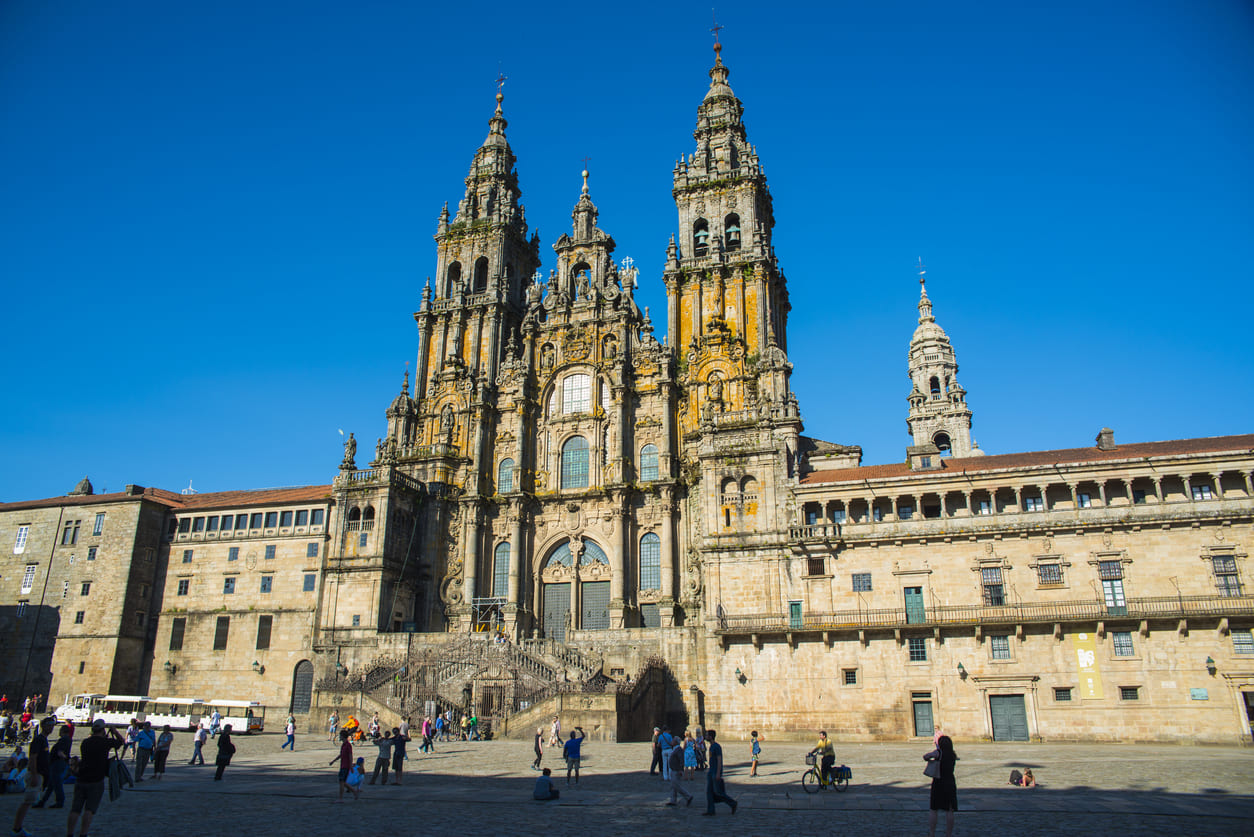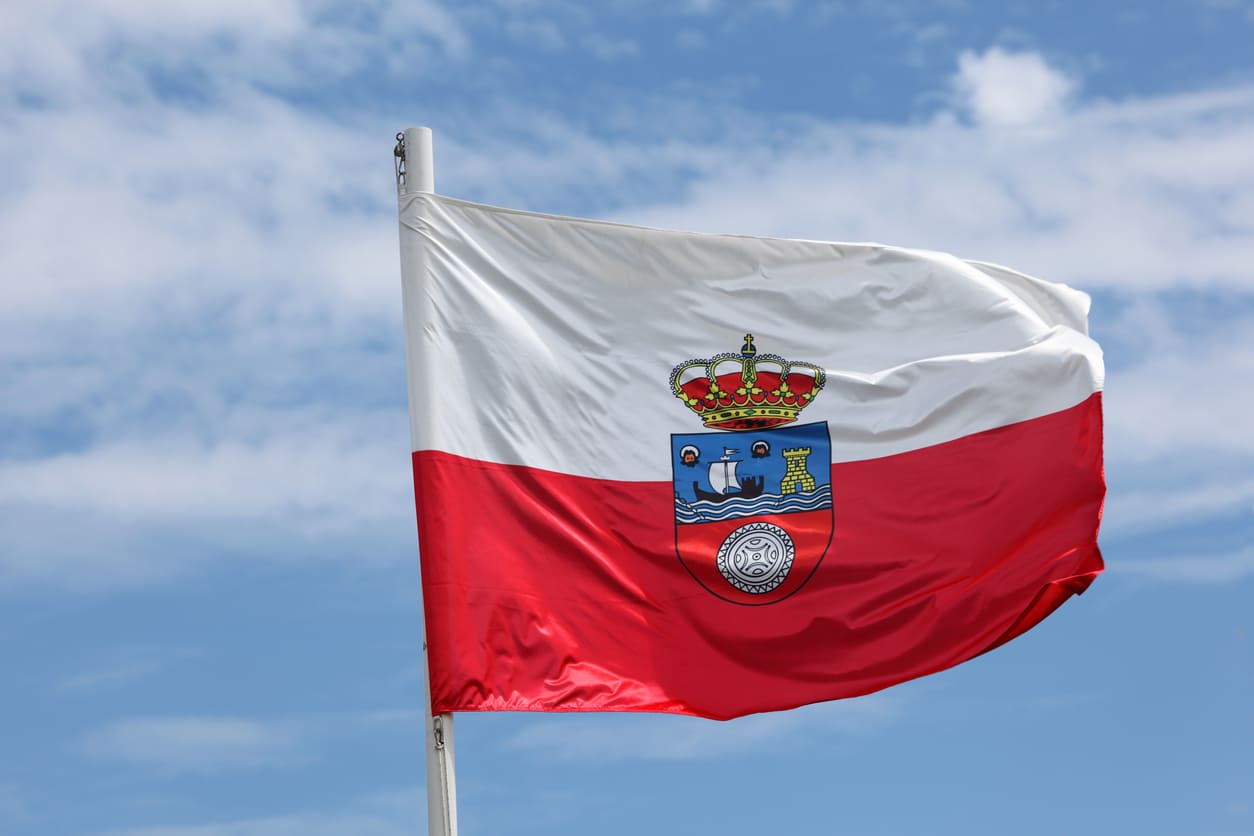Dates of Eid al-Adha in Spain
| 2026 | May 27 |
| 2025 | Jun 6 |
| 2024 | Jun 17 |
Related Holiday in Spain
Spain Holiday Calendars
Eid al-Adha is widely celebrated by Spain's Muslim communities with prayers, sacrifices, and family gatherings. It is a public holiday in Melilla and Ceuta, where large congregational prayers take place. Many families distribute meat to the needy, reflecting the festival's spirit of charity and devotion.
Eid al-Adha: A Public Holiday?
Eid al-Adha is a public holiday in Melilla and Ceuta, where it is officially recognized and widely observed with prayers and sacrifices. However, it is not a nationwide holiday in Spain, and businesses and schools remain open in most regions.
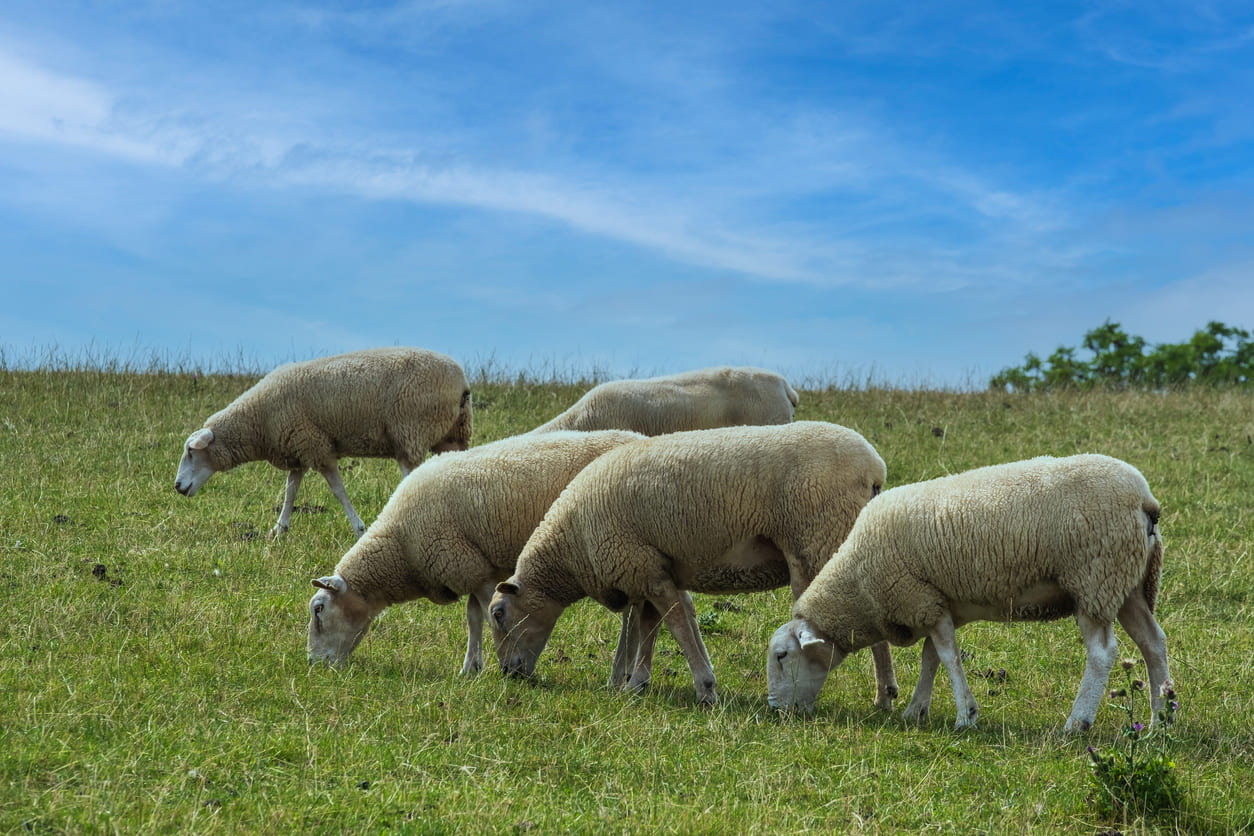
Eid al-Adha
Eid al-Adha has been an important festival for Muslims in Spain for centuries. During the time of Al-Andalus, when Muslim rule influenced much of the Iberian Peninsula, the festival was widely celebrated with prayers, sacrifices, and community gatherings. However, after the Christian Reconquista, public celebrations of Eid largely disappeared, and Islam became a minority religion in Spain.
In the modern era, Spain has seen an increase in its Muslim population due to immigration from North Africa and other Muslim-majority regions. This growth has led to a revival of Eid traditions, especially in places like Ceuta and Melilla, where large Muslim communities live. In 2010, both autonomous cities officially recognized Eid al-Adha as a public holiday, making it the first non-Christian religious holiday acknowledged in Spain's modern history. Today, the festival continues to be an essential part of Muslim cultural and religious life in Spain.
Eid al-Adha Celebration in Spain
Eid al-Adha is a significant occasion for Spain's Muslim communities, marked by prayers, family gatherings, and acts of charity. The day begins with a special morning prayer at mosques and open spaces, where worshippers gather in large numbers. In cities like Ceuta and Melilla, the prayers attract thousands, as the festival is an official holiday. After the prayers, the tradition of Qurbani, or animal sacrifice, takes place, symbolizing the willingness of Prophet Ibrahim to sacrifice his son as an act of obedience to God. The meat is then shared among family, friends, and the less fortunate.
The festival is also a time for social bonding and generosity. Families visit one another, share meals, and exchange warm greetings. Traditional dishes, influenced by North African and Middle Eastern cuisine, are prepared and enjoyed together. Many people also take this opportunity to give to those in need, reflecting the values of compassion and unity. In Ceuta and Melilla, the holiday is more visible, with businesses and schools closed, allowing the Muslim community to fully participate in the celebrations. In other parts of Spain, Muslims observe the festival in mosques and cultural centers, keeping their traditions alive.
Eid al-Adha holds deep religious and social significance. It serves as a reminder of faith, sacrifice, and devotion to God. The act of sharing meat with the less fortunate strengthens the sense of community and highlights the importance of helping others. In Spain, the festival also plays a role in promoting cultural understanding and acceptance. As the country continues to embrace its diverse population, Eid al-Adha stands as a symbol of religious harmony and Spain's rich multicultural identity.
Eid al-Adha Observances
| Year | Date | Weekday | Name | Holiday Type | Region |
|---|---|---|---|---|---|
| 2024 | Jun 17 | Mon | Eid al-Adha | Autonomous Community Holiday | CE Ceuta , ML Melilla |
| 2025 | Jun 6 | Fri | Eid al-Adha | Autonomous Community Holiday | CE Ceuta , ML Melilla |
| 2026 | May 27 | Wed | Eid al-Adha | Autonomous Community Holiday | CE Ceuta , ML Melilla |
| 2027 | May 17 | Mon | Eid al-Adha | Autonomous Community Holiday | CE Ceuta , ML Melilla |
| 2028 | May 5 | Fri | Eid al-Adha | Autonomous Community Holiday | CE Ceuta , ML Melilla |
